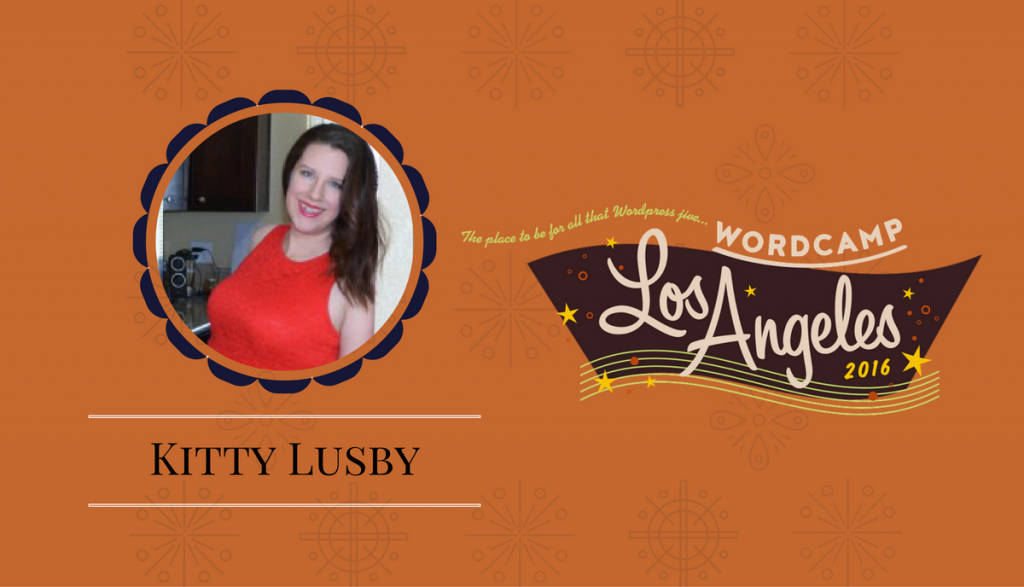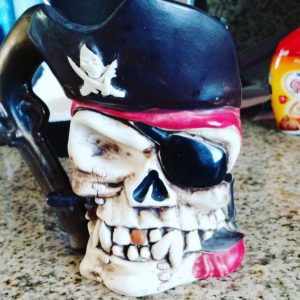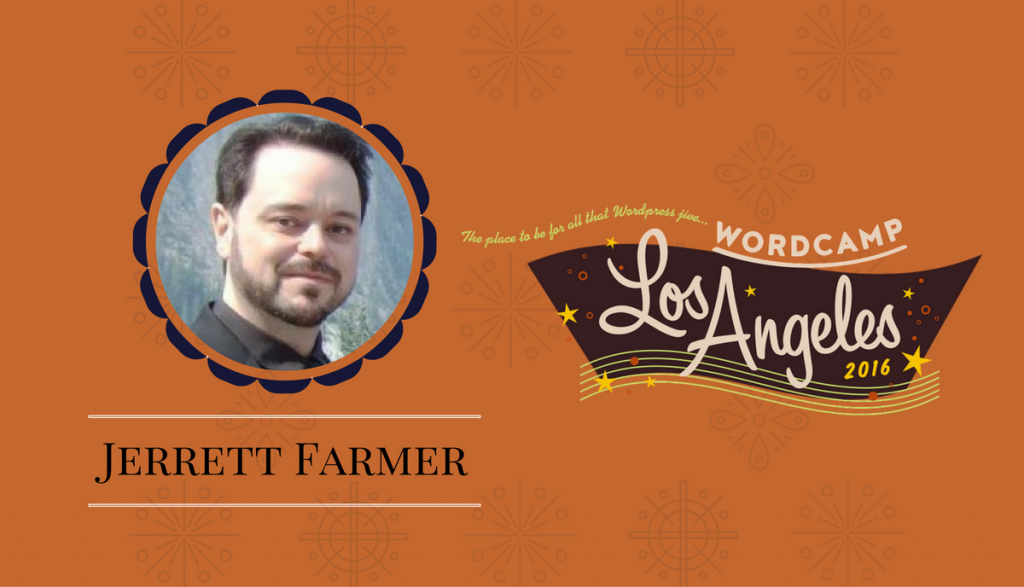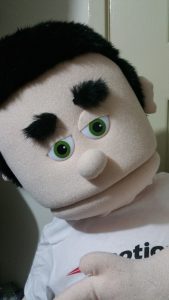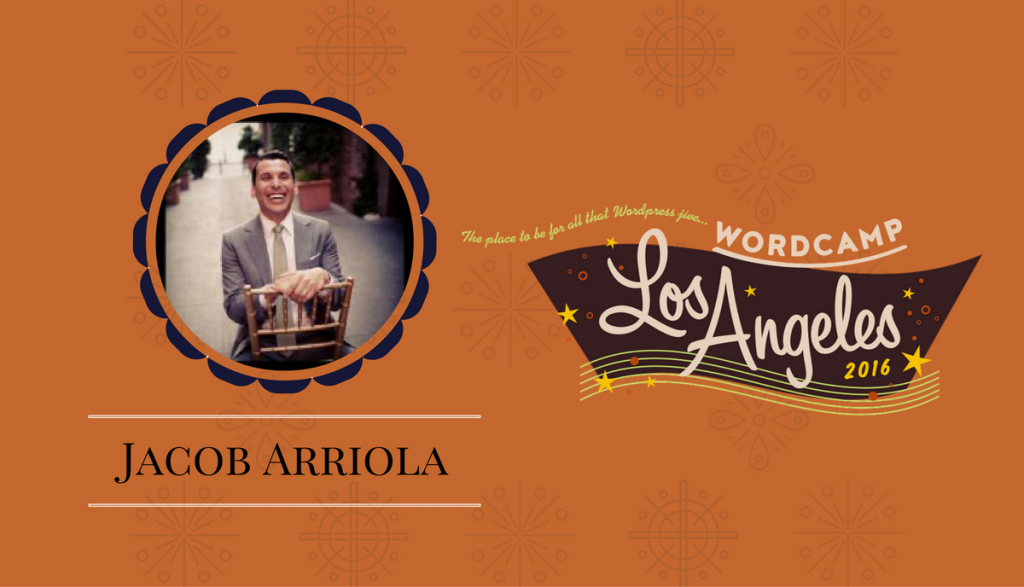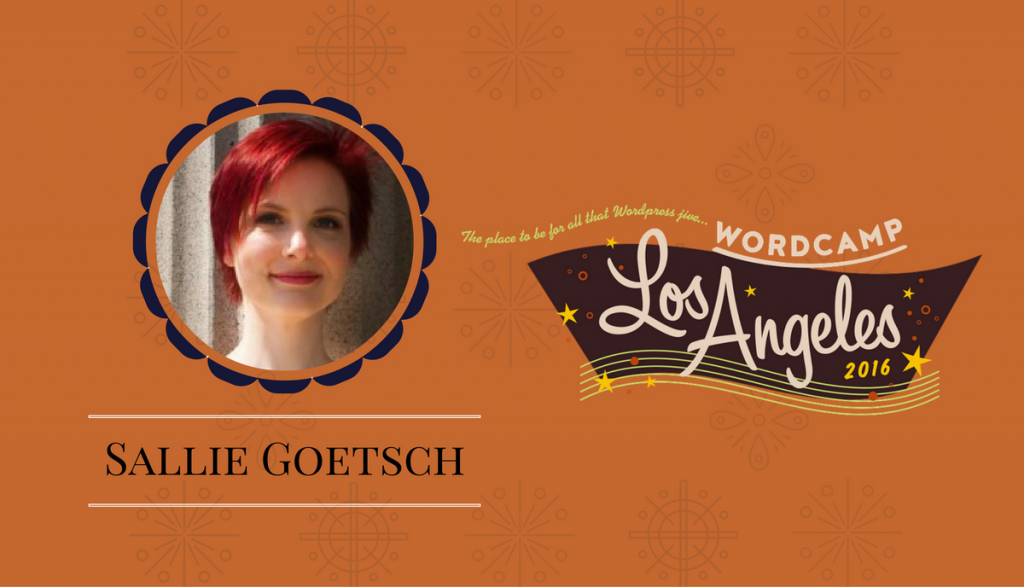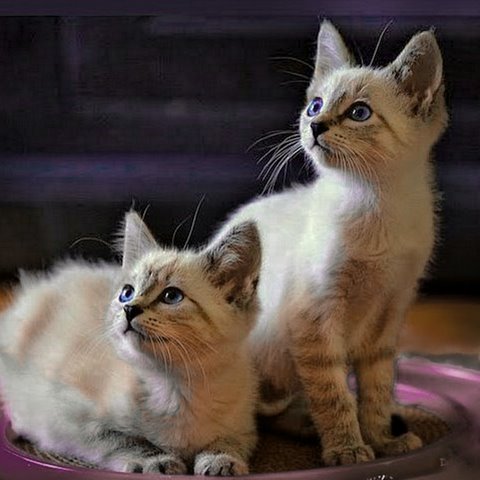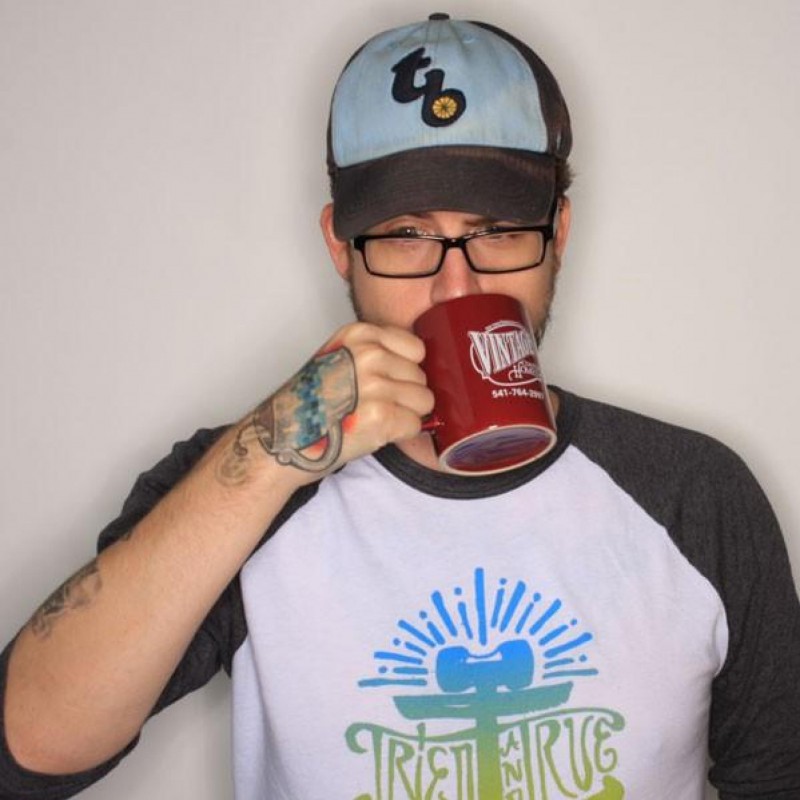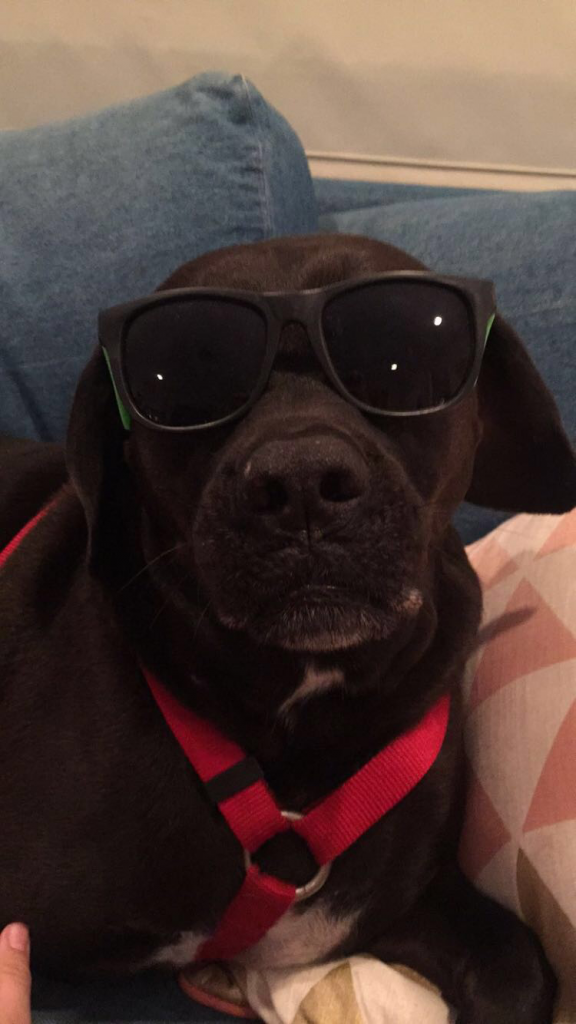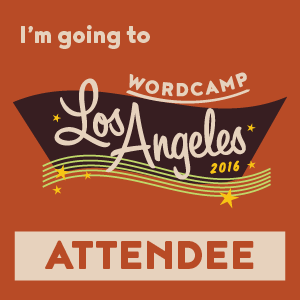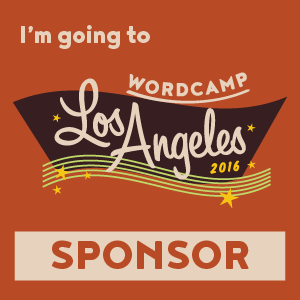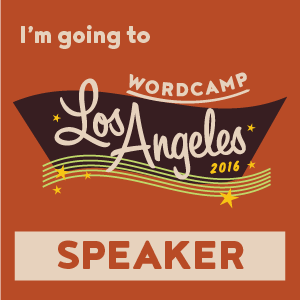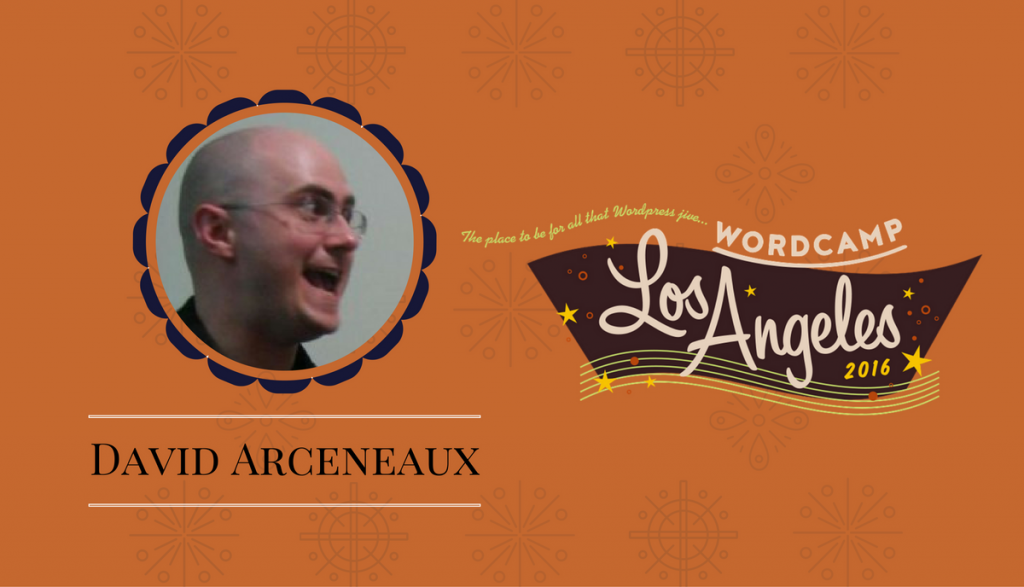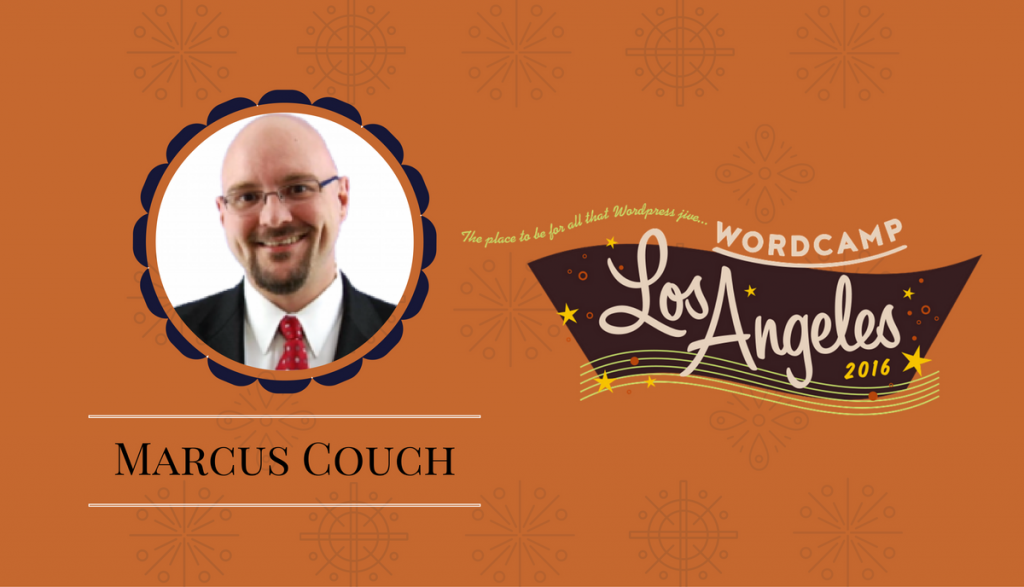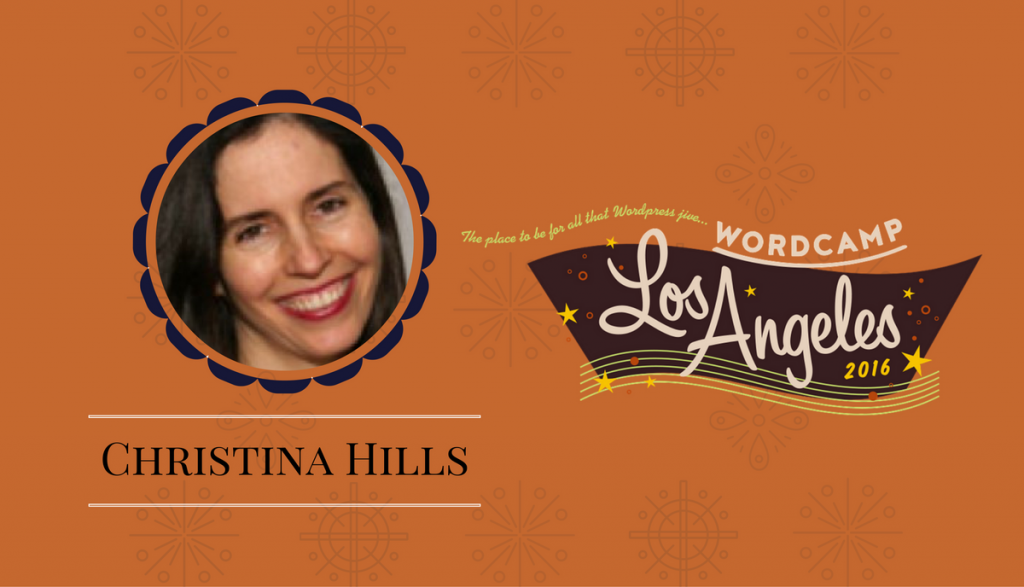Get to know Kari Leigh Marucchi in today’s speaker interview.
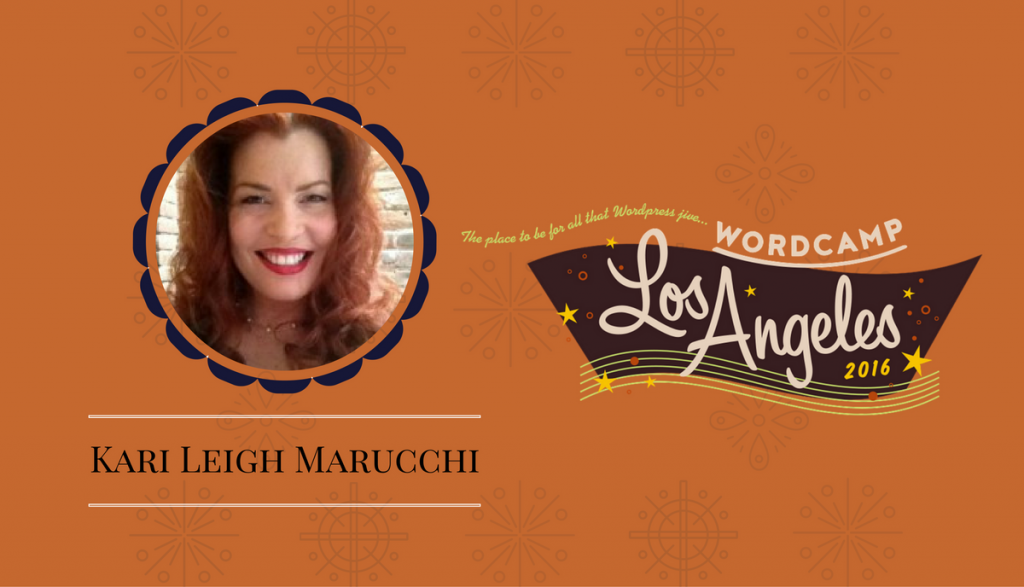
Kari, previously a co-founder and WordPress project manager at VeloMedia/Crowd Favorite, Kari Leigh’s been WordPress’g since 2009, and WordCamp’g since 2012. Since early 2015 she’s been contributing to the WordPress community by comprehensively photographing the WordCamp experience and the faces of WordPress at many handfuls of Camps. She teams with other photographers to collect still photography from Camps around the world, and around this effort has developed the WP Photo Project. Her project seeks ultimately to build the sibling to wordpress.tv, at wordpress.photo — a central archive of deeply-searchable WordCamp history still photography, making it available to serve those in the community and to commemorate and document the WordCamp culture they’ve inspired over the last decade-plus.
What should we know about you that you haven’t included in your brief, third-person, professional biography?
Los Angeles is my original home and I’m honored to have spoken at a Camp first in 2012 at WCLAX, and (for the first time having spoken at a Camp since then) to be speaking at WordCamp Los Angeles 2016.
I want to know more about contemporary photography but I don’t know where to get started. What one photographer should I be aware of and looking into that I don’t even know exists?
I believe one’s taste and individual talent is extremely subjective and I’d hesitate to make a blanket recommendation on specific photographer. Forgive me for turning the question on its head. If I’m asked for advice on developing as a photographer, I say the following.
Start with what you might think is your focus talent. I had thought for a long time that I might have a talent for event photography before I decided to do it full-time. Long ago I had fallen into it accidentally when I lived in Italy for a year. Still unable to speak Italian comfortably I tended to bring my camera to events and parties and hide behind it. I found that my event portraits and captured candid moments received above-the-average good feedback and many ended up using my work for profile avatars. So when I thought this might be what I should do it professionally and I saw that my technical skills weren’t supporting me in being able to capture what I see in my mind, I set about creating my own internship program. I had heard on a professional photographer’s podcast the advice to assign one’s self fifty assignments for a year, and I set about doing it.
Averaging once a week, I shot a different subject (or a subject with a different purpose or character) in a different style. This forced me, whether I’d found an example to mimic or I’d intended to match a vision I had in my mind, to acquire the equipment needed to produce the image, to learn the equipment, to learn the needed shooting technology, to practice working with people and light, and to learn the post-processing techniques required to produce the image I’d intended. This meant getting more deeply knowledgable about my machine and equipment, as well as the software I use. And then I got involved in shooting WordCamps and have shot eighteen at the time of this exchange.
I treat every event I shoot as an opportunity to practice and achieve a new level of capability. If you look at my portfolios of Camps, each one has a different general look to it. This is largely due to the location and the weather at the time, and those difference make every event a new challenge. The same settings don’t work for every Camp, nor for every room, nor for any one room as the light changes throughout the day if there are windows, or there are adjustments to the lights in the room throughout the day — which definitely happens. All of this forces me to understand better the science involved and to better the un-thinking use of my machine.
So I can’t recommend more throwing oneself into the deep end of a forgiving pool, a lot of them actually, with self-assignments and volunteer work. Shoot. Keep shooting. Get better. And find and know what the through-line theme of the spirit of your work is. It started with what I want to see in event photography, so start with what you want to see in your chosen genre. I want to see people happy, confident, sharing, giving, and enjoying each other’s company — so that’s what I attract myself to, and that’s what I make sure I capture and publish.
You mention camp portfolios, where can we find those on the internet?
What is the WP Photo Project?
The WP Photo Project is an investment in the vitality and bonding of the WordPress community with the production and publishing of still photography by many photographers at WordCamps worldwide. It seeks to honor the legacy of the community culture that’s has developed over the years, while giving back to those who contribute to the WordPress Project and supporting those who are starting to and continue to do business powered by WordPress.
In addition to the collection of photography, the project involves the promotion of the project itself, the development of best practices, and the build of a wordpress.photo proof-of-concept prototype. Currently in production, wp.photos will feature a highly-searchable archival repository of shareable, downloadable WordCamp photography that operates on the open source principle and the Creative Commons license, featuring Camp photos from all that wish to contribute in the spirit of the community.
Do you have any particularly memorable WordCamp photos or photo experiences?
I have to laugh because it’s of course my mission in every moment that I carry my camera at a Camp to create memorable photographs. I’d assert that if any one photo someone captures at a Camp is not of a memorable moment or a good still life of those things that make the Camp memorable, it should be discarded. But yeah, definitely some rise to the top in my mind. I see memorable moments happening all around me at Camps, which is why I’ve fallen head-over-heels for the experience and have been attempting to make shooting Camps a predominant part of my life. But I never am able to capture all that I see. Is my equipment ready for that moment with right lens and and set for the available light? Is my machine going to be as fast as my finger and my intention needs it to be?
At WordCamp U.S. I headed to the speaker/sponsor dinner rather exhausted from travel arrangement nightmares, and my head wasn’t where I needed it to be to manage the low-light situation I found myself in. I absolutely hate flash photography (at events) with a passion so I knew I wouldn’t get very many decent shots and for the most part just relaxed and enjoyed. But I kept my machine in my hand and I thought, I might get lucky, I might not. Right in front of me some new people arrived and friends were greeting each other. I love capturing hugs and the affection of friends, so I raised my camera and let my fingers set it as quickly as they could, knowing that I’d likely miss the shot. But boom. They weren’t facing me, these two very different heads that had come together in a darling side hug. If you know either of these two ladies, you’d have known exactly who they are even from behind, but it didn’t matter because it could be anybody. The shot said everything — the WordPress community is very diverse, and very friendly, and an incubator of friendships — and I got it.
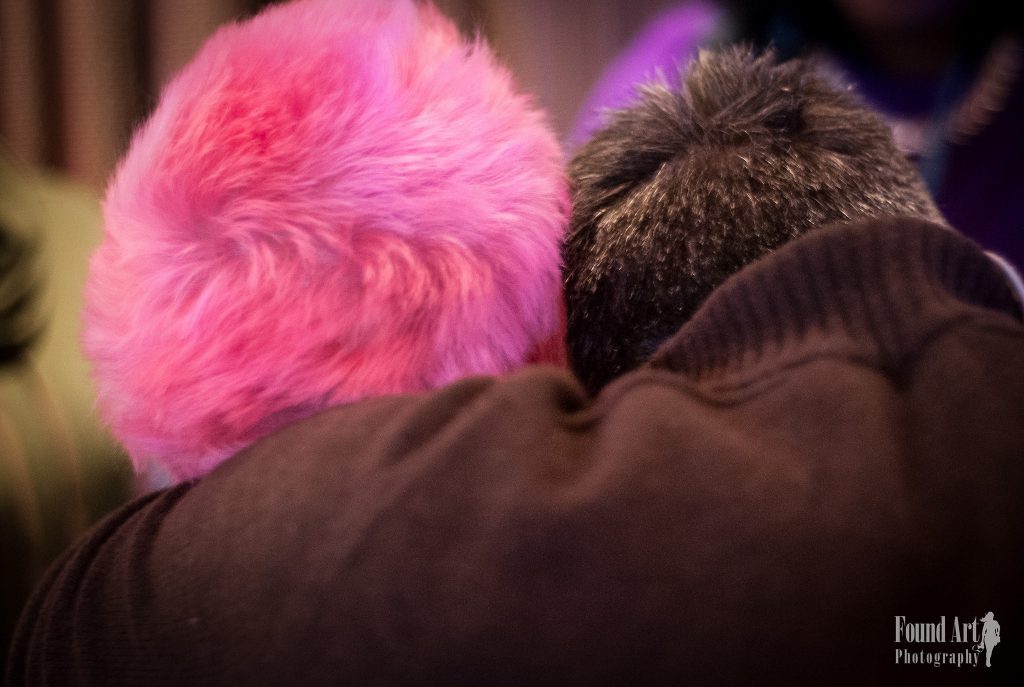
Your contributions to WordPress appear to be primarily non-code related. What have you learned that could help others get started with their own non-programmatic contributions?
The most effective ways to start contributing to the WordPress community without contributing code is to volunteer at a WordCamp, and at local WordPress Meetups. It’s amazing and feels great how much I’ve been able to help just showing up to a Meetup and sitting with someone new to WordPress to talk them through their finding their way initially. At Camps, and especially Contributor Days, there are always talks and guidance about the diverse kinds of support needed by the WordPress Project and in the community. As a matter of fact, people who know no code at all can help by transcribing WordCamp talk video for wordpress.tv, and that kind of help can go a very long way.
Please tell us about your Coffee and Glass campaign
The Coffee & Glass fundraising campaign is simply a thank-you fund. I can’t count how many times at a Camp I’ve been asked by someone if they can pay me for my photographs of them. My shots taken at Camps are gifts back to the community, to all who attend and work at them that I’m able to capture well, so I say no thank you. But, if it’s clear they’d like to say thank you monetarily and offer a show of support for what I’m doing, I might say that yes, there is a way to buy me a cup of coffee or a drink or a lens (glass), or whatever feels good. No quid pro quo, but gosh it feels good when I get a notice of a new donation. And it really really helps, both functionally and spiritually.
Check out Kari’s talk at WordCamp Los Angeles 2016 where she’ll be presenting Still Photography & WordCamp Culture: Participating, Recording, Contributing.
